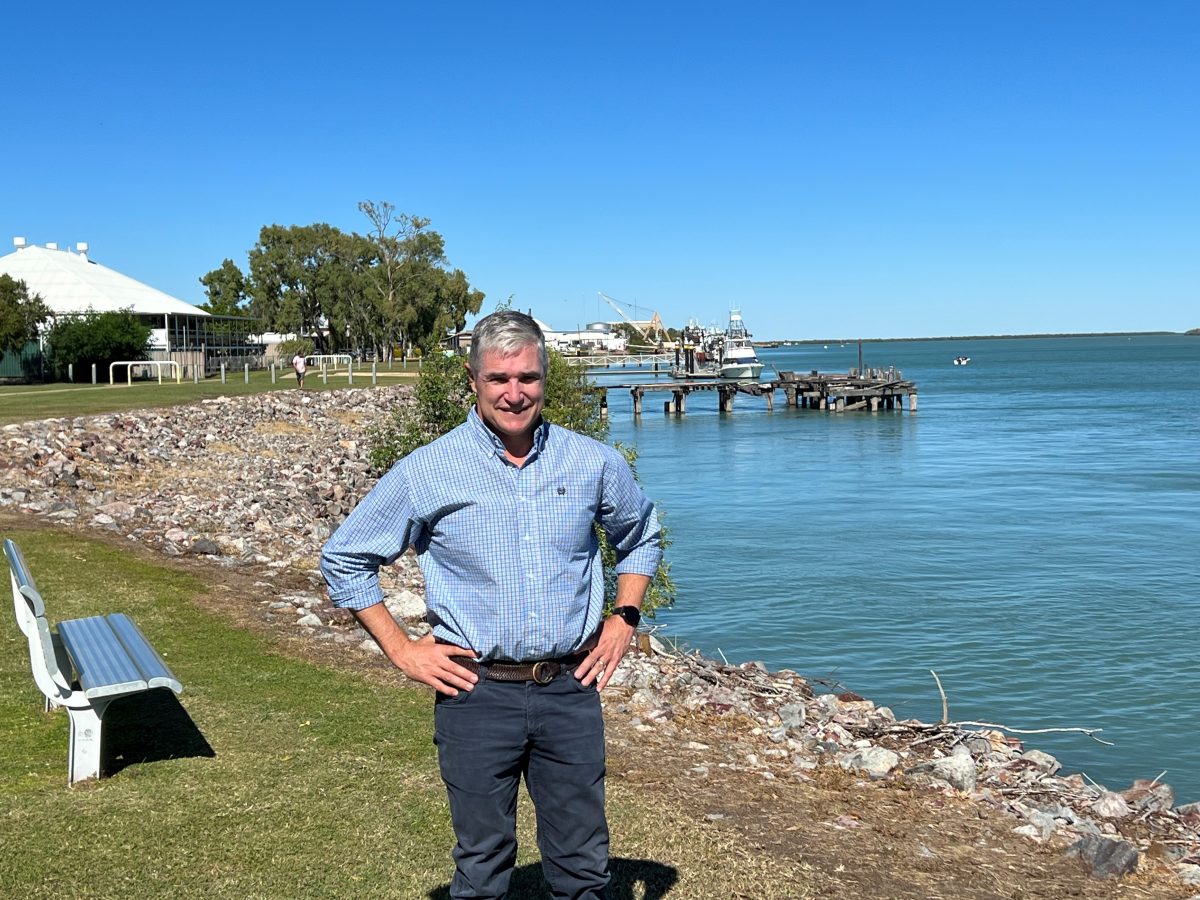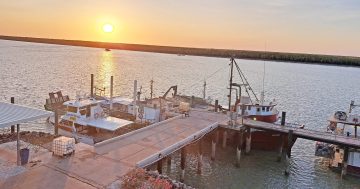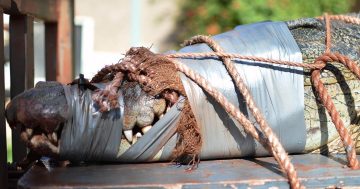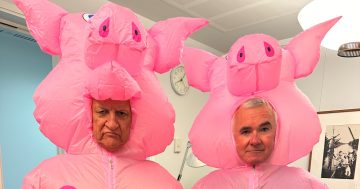
Member for Traeger and Katter’s Australian Party leader Robbie Katter has slammed the State Government’s looming gillnet ban, saying it is nothing more than a political move that will destroy commercial fishing in the Gulf of Carpentaria. Photo: Supplied.
The State Government decision to implement gillnet-free fishing zones across the Gulf of Carpentaria, including the western coastline of Cape York, will cripple remote communities reliant on commercial fishing, according to Katter’s Australian Party (KAP).
The government announced on 29 February, 2024 that new gillnet fishing zones would be introduced from 17 May as part of structural changes to commercial fishing from the west coast of Queensland to the Northern Territory border.
Despite the announcement, the ultimate locations and design of gillnet-free zones remain to be seen, with Minister for Agricultural Industry Development and Fisheries Mark Furner admitting “final details on the locations will be announced in early April after further consultation”.
More than 4,100 submissions were made after a discussion paper outlining proposed future management options for commercial fishing in the Gulf of Carpentaria was opened for public consultation in late 2023.
Between October and December last year, stakeholder consultation was undertaken in the four draft zones, including the Northern Zone, which incorporates all rivers and creeks and nearshore waters from Thud Point to the tip of Cape York, and the Pormpuraaw Zone, which takes in all rivers, creeks, and nearshore waters between Balurga Creek and the Chapman River.
While the government says the aim of the gillnet ban is to prevent adverse impacts on threatened species, KAP party leader and Member for Traeger Robbie Katter said he believed the move had no scientific basis and was a kneejerk reaction to appease UNESCO.
“Queensland Fisheries has failed to furnish any analysis or evidence demonstrating the significant and irreversible environmental harm caused by net fishing,” Mr Katter said after the State Government’s announcement.
“Consequently, there exists a considerable degree of uncertainty regarding whether net fishing poses a serious or irreversible threat to the environment.
“The extreme response by the minister to the perceived environment threat far exceeds what is required to manage the Gulf fisheries sustainably.
“The risk of net fishing to the environment is low in the context of the many other more significant environmental risks facing the Gulf of Carpentaria, including over-fishing by international vessels.”
Mr Furner said the Miles Government did not believe the plan would have a detrimental impact on the sustainability of commercial fishing operations in the region.
“These net-free zones fulfil commitments made by the Australian Government that are supported by the Queensland Government,” he said.
“We’re committed to a sustainable seafood industry in Queensland, and that means a sustainable industry supporting good jobs in the Gulf region.”
However, Mr Katter slammed the decision and said the ban was politically motivated.
“The government announced they were considering extending gillnet bans to the Gulf at the same time as they were proposing bans on the east coast fishery, which was done in response to a threat by UNESCO to list the Great Barrier Reef (GBR) as endangered,” he said.
“UNESCO’s subsequent decision to not list the reef was hailed by the State and Federal Governments as a vindication of their decision to ban gillnets on the GBR.
“There is no clearer picture that there’s a political motive behind Queensland Fisheries’ decision to follow through with similar bans in the Gulf.”
Mr Katter added KAP could not see how the gillnet ban would not have a significant impact on the viability of commercial fishing in the Gulf of Carpentaria and along the western side of Cape York.
“Eighty per cent of the Gulf’s commercial fishing sector, which supports untold local jobs and injects significant economic activity into the region, will be destroyed overnight with the confirmation of the bans,” he argued.
“The economic fallout for the immediate fisherman, deck hands, engineers, unload crews, truck drivers and freight companies, cold stores, fish mongers, fish and chip shops, restaurants, will be felt from the Gulf all the way to Rockhampton.
“The epicentre of that fallout will be Karumba, which is a town built essentially on commercial fishing.





